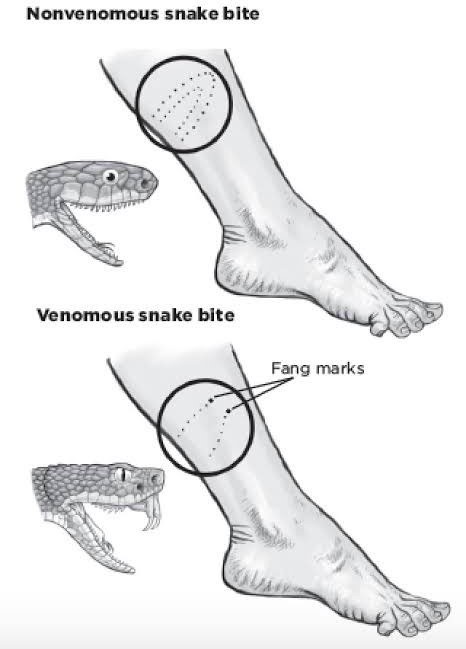A community health nurse is providing a community education program about disaster preparedness. Which of the following should the nurse recommend that clients include in their family’s disaster readiness supply kit or “go bag”? (Select all that apply.)
Copies of insurance cards
Whistle
Antibiotics
Household bleach
Pencil and paper
Correct Answer : A,B,D,E
Choice a) is correct because copies of insurance cards can help clients access medical care and claim compensation in case of a disaster. Insurance cards can also serve as a form of identification if other documents are lost or damaged.
Choice b) is correct because a whistle can help clients signal for help or locate each other in case of an emergency. A whistle can also deter potential atackers or wild animals.
Choice c) is incorrect because antibiotics are not recommended to be included in a disaster readiness supply kit or “go bag”. Antibiotics are prescription drugs that should only be used under the guidance of a health care provider. Using antibiotics without proper indication, dosage, or duration can cause adverse effects, such as allergic reactions, resistance, or superinfection.
Choice d) is correct because household bleach can be used to disinfect water, surfaces, or wounds in case of a disaster. Household bleach can also be used to create chlorine gas, which can be used as a weapon or a deterrent.
Choice e) is correct because pencil and paper can be used to write down important information, such as contact numbers, medical history, or evacuation plans. Pencil and paper can also be used to communicate with others, especially if there is no access to phone or internet services.
Nursing Test Bank
Naxlex Comprehensive Predictor Exams
Related Questions
Correct Answer is C
Explanation
Choice A: Removing the elastic bandages is not recommended. These bandages help slow the spread of venom by compressing the lymphatic vessels. Removing them could worsen the envenomation.
Choice B: This is incorrect. The nurse should not discharge the client, as they may develop serious complications from the snake bite, such as swelling, bleeding, infection, or shock. The client should be monitored closely and treated accordingly.
Choice C: This is the correct action. Antivenom treatment is crucial for serious snake envenomation. The sooner it can be administered, the better the outcome.
Choice D: While pain management is important, it is not the priority in this situation. Antivenom takes precedence over pain medication.

Correct Answer is D
Explanation
Choice A reason: Vesicles on the skin are not typical of inhalation anthrax; instead, they are more associated with cutaneous anthrax, which presents as papules that progress to vesicles and then black eschars.
Choice B reason: Respiratory failure can occur later in the course of inhalation anthrax, but it is not an early finding. It usually develops after the initial phase of nonspecific symptoms when the illness progresses to severe respiratory distress and shock.
Choice C reason: Sloughing of skin is not characteristic of inhalation anthrax. Similar to vesicles, skin sloughing may be associated with severe cutaneous infections or other dermatologic conditions, not the respiratory form of anthrax.
Choice D reason: Flu-like symptoms, such as fever, cough, malaise, muscle aches, and mild chest discomfort, are the initial and most indicative early findings of inhalation anthrax. These nonspecific symptoms often appear within several days after exposure before progressing to severe respiratory compromise.
Whether you are a student looking to ace your exams or a practicing nurse seeking to enhance your expertise , our nursing education contents will empower you with the confidence and competence to make a difference in the lives of patients and become a respected leader in the healthcare field.
Visit Naxlex, invest in your future and unlock endless possibilities with our unparalleled nursing education contents today
Report Wrong Answer on the Current Question
Do you disagree with the answer? If yes, what is your expected answer? Explain.
Kindly be descriptive with the issue you are facing.
